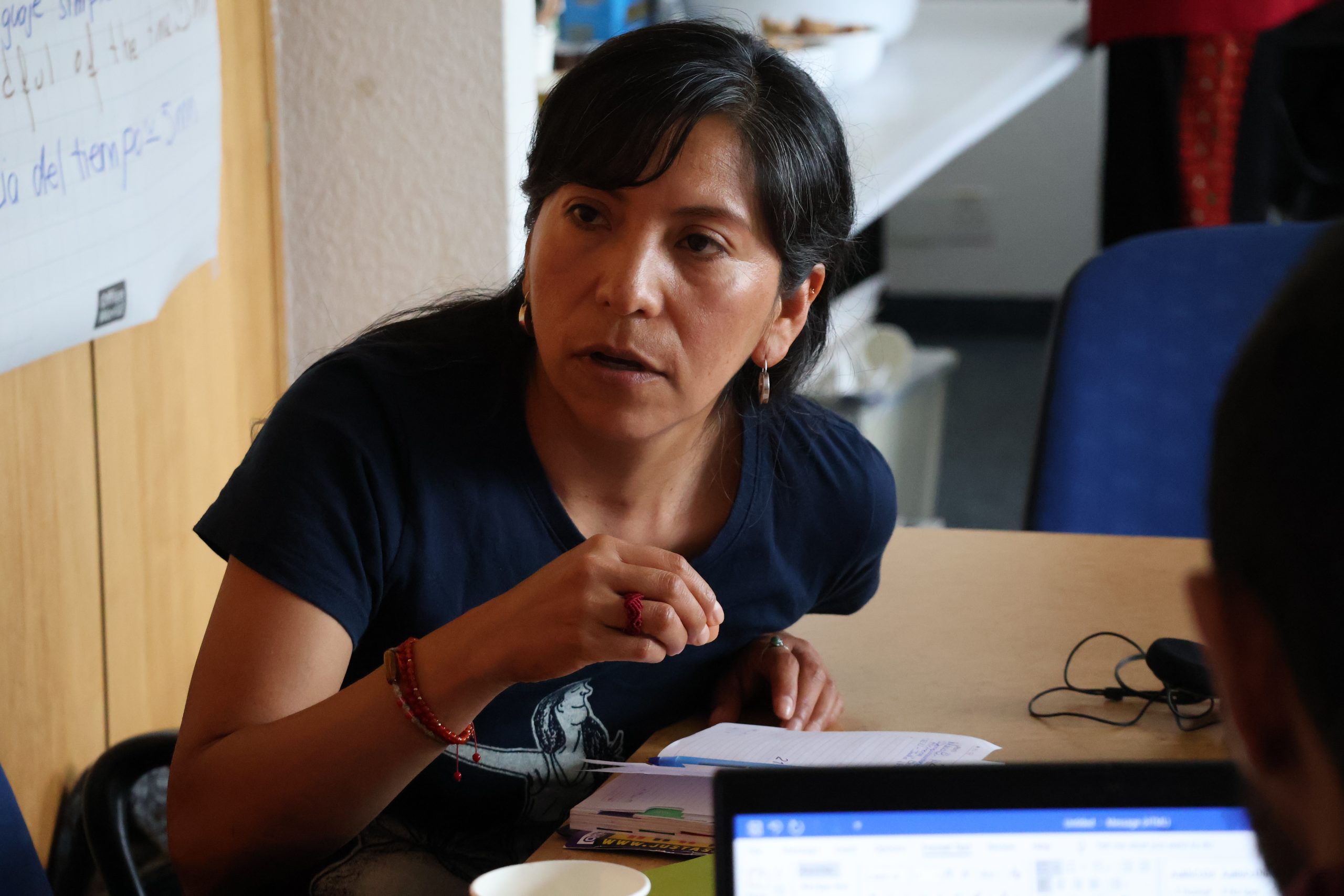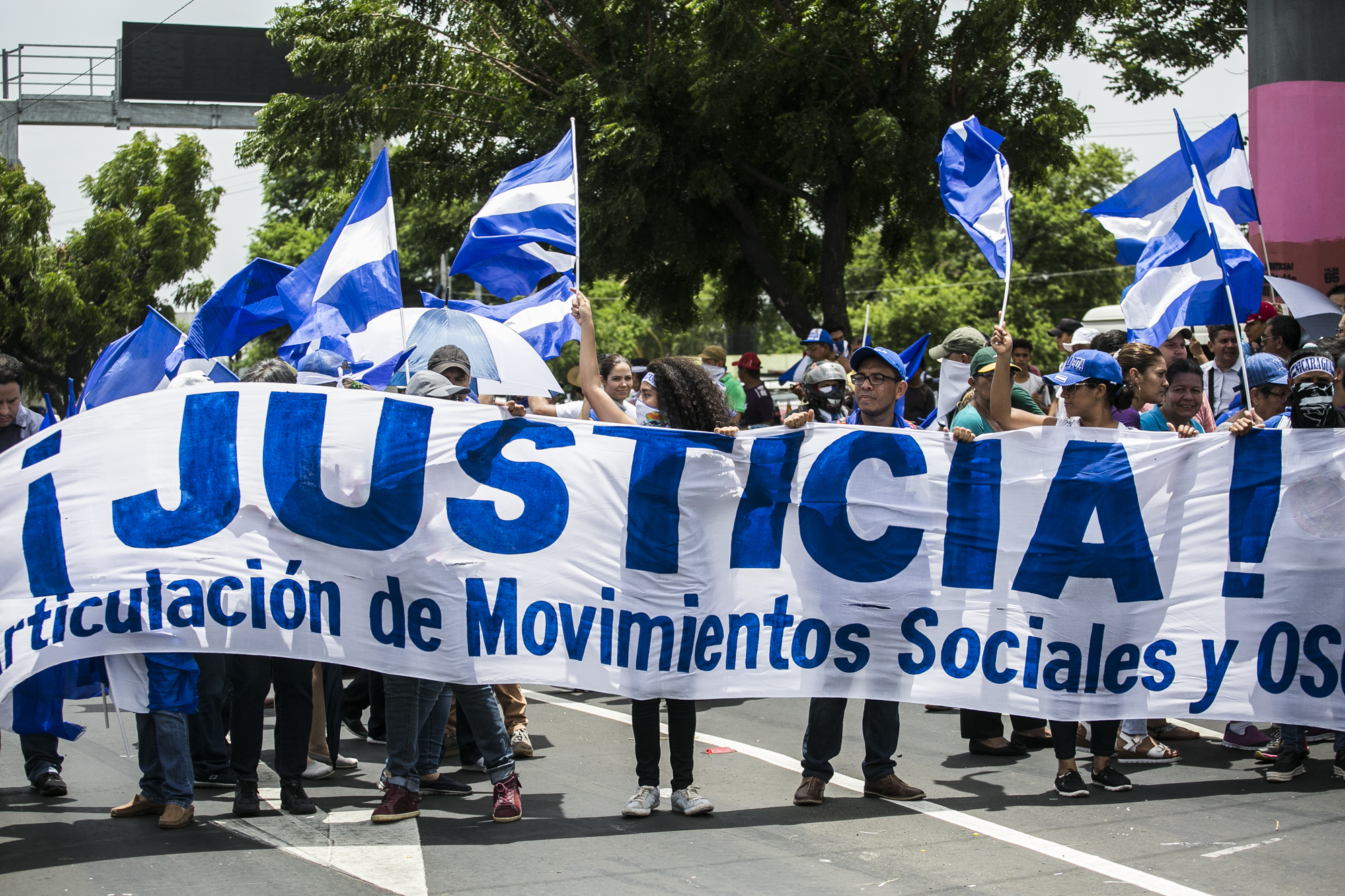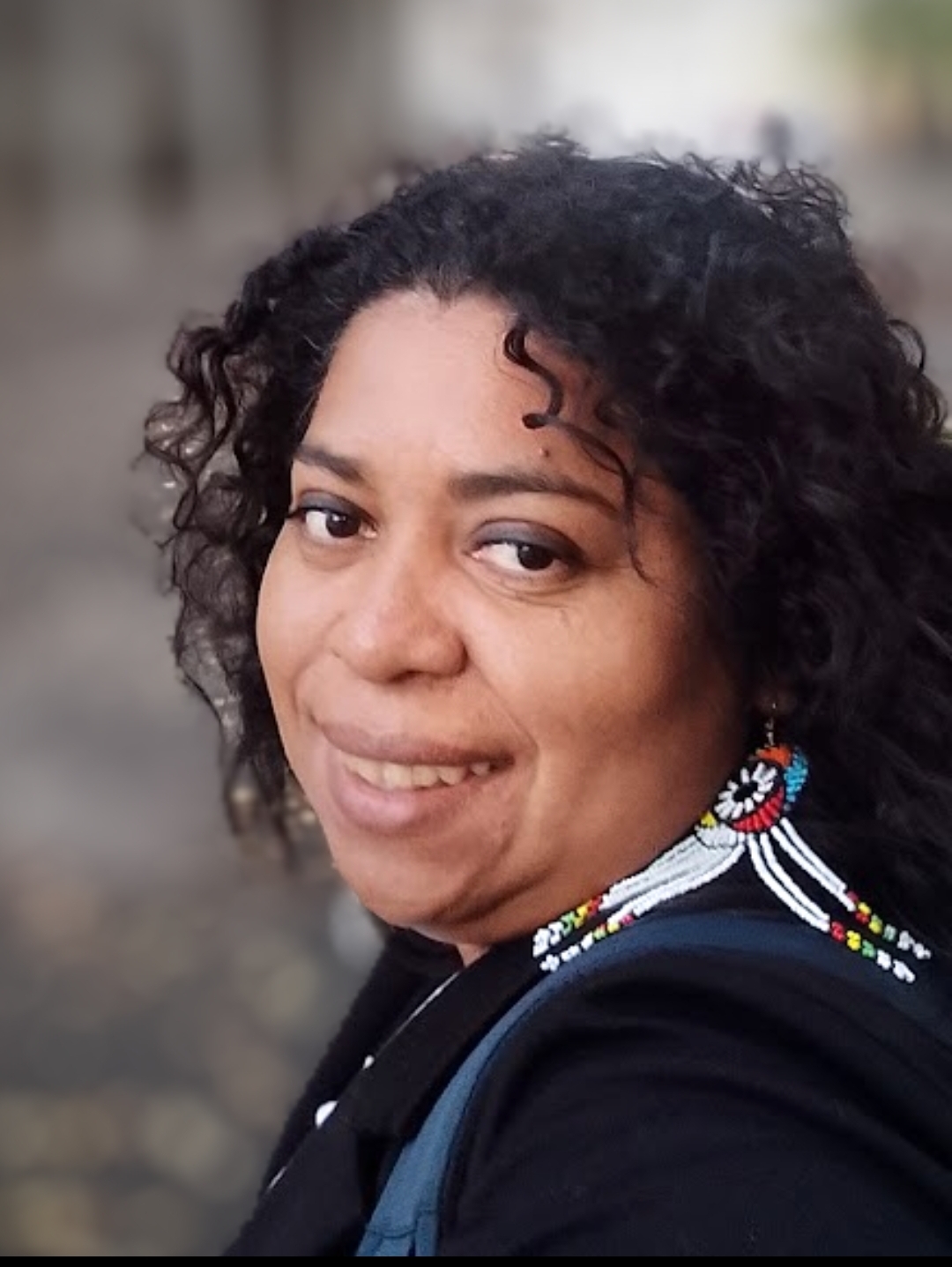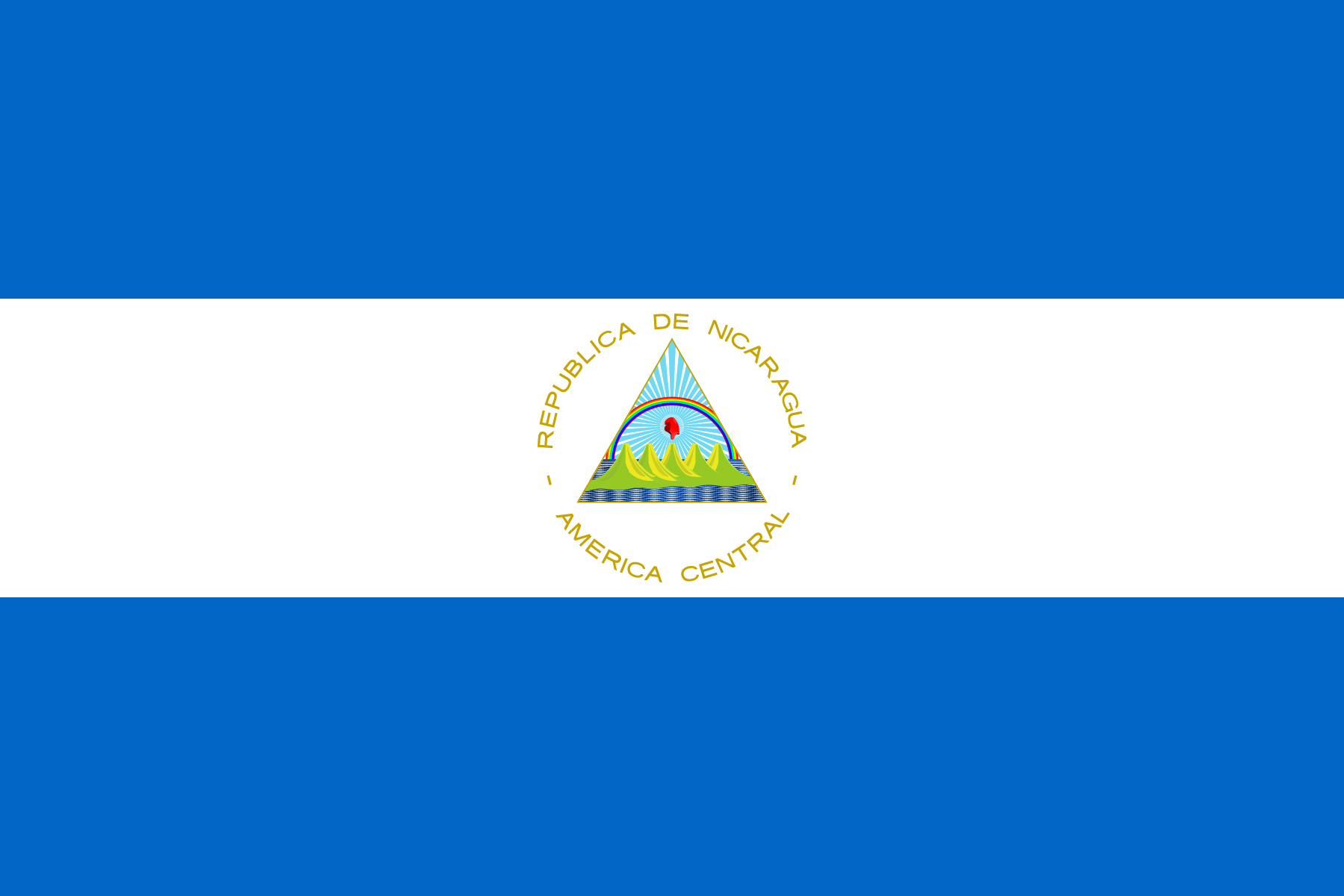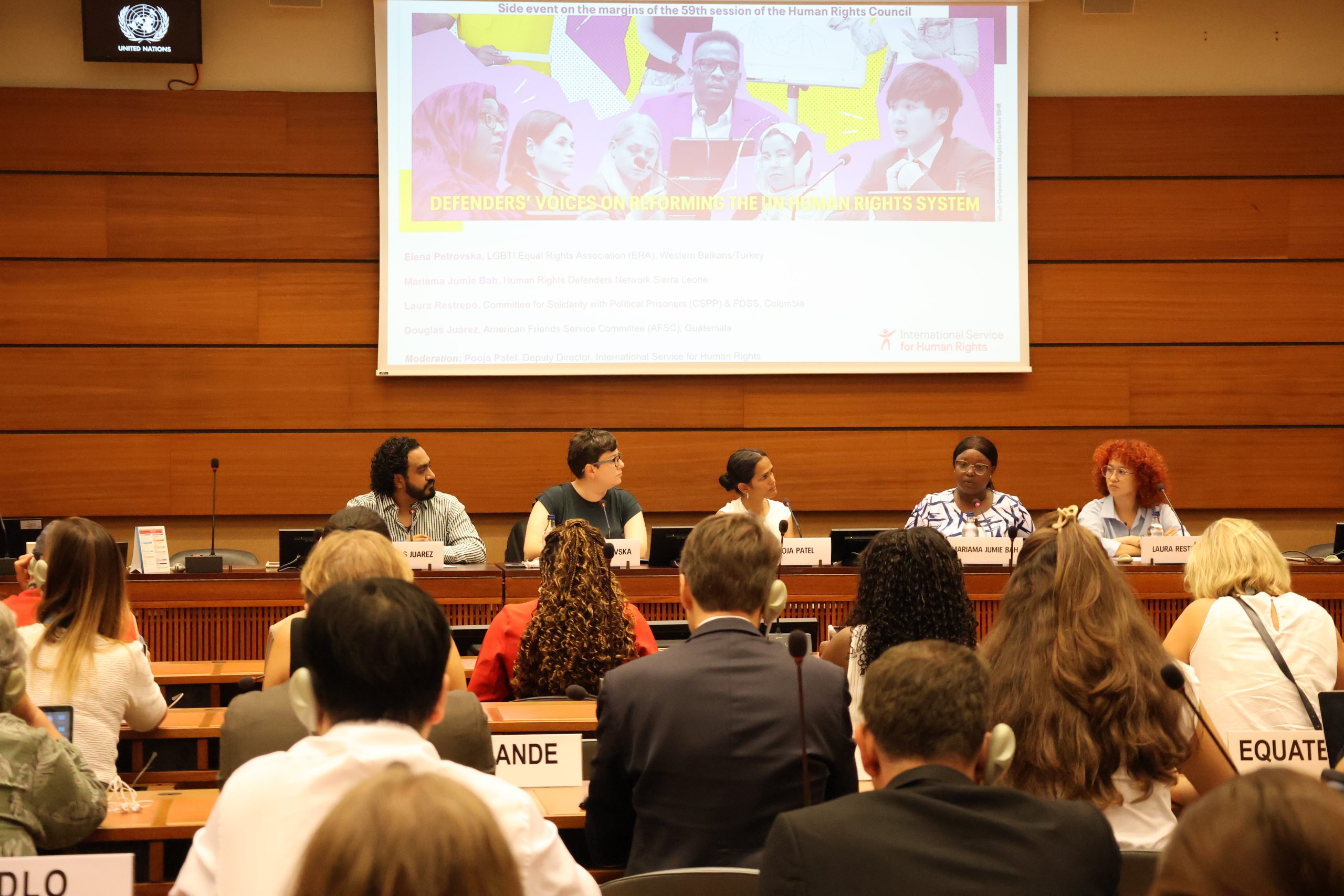On 3 April 2023, in the final week of the 52nd session of the Human Rights Council, Member States approved the two-year renewal and thematic strengthening of a dedicated investigative mechanism for Nicaragua, established by a Council resolution in March 2022. This echoed a global call launched by the Colectivo 46/2, a coalition of Nicaraguan and international civil society organisations, which includes ISHR, and which had been campaigning for this renewal since December 2022.
Adopted with 21 in favour, 5 against and 21 abstentions, the resolution upholds the mandates of the Group of Human Rights Experts on Nicaragua (GHREN) and of the Office of the High Commissioner for Human Rights to document grave abuses in the Central American country.
With this vote, the GHREN can further its investigations into the country’s multi-dimensional crisis for two more years, identify root causes of violations and their perpetrators, and preserve evidence to support future justice processes. The new resolution also includes a stronger focus on violence and abuses against Nicaragua’s Indigenous, rural and Afro-descendant communities, individuals stripped of their nationality, on acts of sexual and gender-based violence, and on reprisals, including against UN expert Anexa Alfred Cuningham.
‘The Colectivo 46/2 coalition worked hard for this outstanding result: it is the fruit of a strong collaboration between Nicaraguan and international civil society,’ said ISHR’s China and Latin America advocate Raphaël Viana David. ‘With this vote, the international community has committed itself to maintaining the pressure on the government, and upholding efforts to hold perpetrators of documented crimes against humanity accountable,’ he added.
‘By extending and reinforcing the mandate of its investigative body on Nicaragua to document abuses against Indigenous and Afro-descendant Peoples, the Human Rights Council is providing critical support for the rights of historically marginalised communities in Nicaragua,’ said Amaru Ruiz from Fundación del Río.
For five years now, since mass protests were met with a brutal response in April 2018, Nicaragua has been plunged into a deepening political and social crisis under an increasingly authoritarian government led by Daniel Ortega. During this period, it is estimated that over 600,000 Nicaraguans have had to flee the country, an unprecedented exodus in the country’s history.
ISHR celebrates the renewal of this crucial mechanism amidst the multidimensional human rights, social and political crisis in Nicaragua. We will continue to work closely with Colectivo 46/2 to follow-up and monitor the implementation of the resolution’s recommendations.
Additionally, ISHR will continue to support local human rights defenders and organisations, such as Anexa Alfred Cunningham, Miskitu Indigenous leader, woman human rights defender and lawyer from Nicaragua, who has been denied her right to fly home after participating in a session of a group of United Nations experts on the rights of Indigenous Peoples, of which she is a member.
Read more about this campaign win.
Download as PDF
